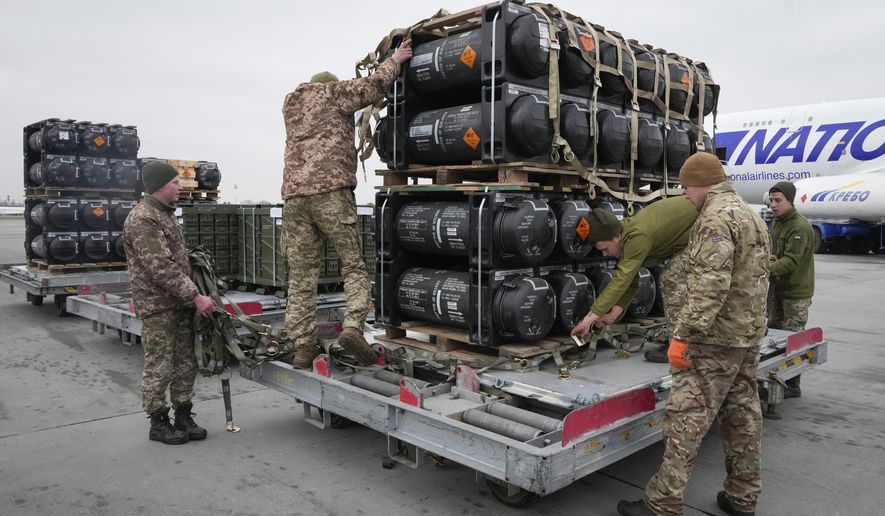In our previous episode, historians Jeffrey Engel and Jeremi Suri discussed the potential perils of the United States’ open-ended commitment to help Ukraine defeat the Russian invasion. As the cost of American support increases – it has already surpassed $50 billion – the war is turning into a grinding conflict that may render Ukraine’s goal of expelling all Russian forces unattainable.
In the eyes of some public intellectuals, much more than Ukraine’s freedom is at stake, therefore justifying robust U.S. support for as long as it takes to defeat Russia. The very existence of global democracy hangs in the balance they say.
In this episode of History As It Happens, historian Andrew Bacevich, the president of the Quincy Institute for Responsible Statecraft, said such arguments elevating the Ukraine-Russia war to “cosmic importance” are indicative of a foreign policy establishment that hasn’t learned from its mistakes.
“It’s an interesting phenomenon, this urge to take an event and paint it with an ideological outer coat in what are utterly inappropriate ways. The war is depicted as … ‘democracy versus autocracy,’ the future of freedom somehow hinging on the outcome. There is a type of American intellectual that gets drawn to that extreme rendering of events,” Mr. Bacevich said.
Although the Biden administration has carefully avoided directly confronting Russia with U.S. ground or air forces, its support for Ukraine can be seen as part of a larger pattern of a nation seeking redemption of its global status through war.
SEE ALSO: History As It Happens: Choosing war
“The war [in Ukraine] needs to be seen in a broader context. It has to do with the fate of the American project we initiated in the aftermath of the 9/11 attacks,” Mr. Bacevich said. Thus, the U.S. is trying to restore its leadership position in a new, global contest against autocracy after its humiliating withdrawal from Afghanistan in 2021.
Listen to the full interview with Andrew Bacevich here.




